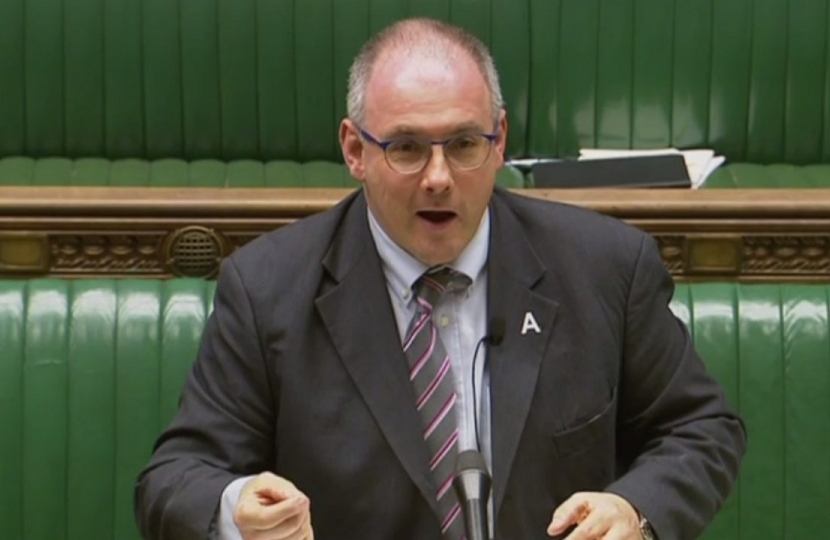
First published in The Times Redbox, 15 June 2020:
Our fragile adult learning system is one of the most pressing social issues of our time. Why? Because adult training is a lifeline for people who left school under-qualified. The number of people who fall into this category is just astonishing: more than six million adults of working age in England are not qualified to level 2 (GCSE level). More often than not, a poor start in school means a tough ride in life; millions end up in low-paid jobs, their prospects dragged into the quicksand.
Things could get worse. Covid-19 is already reshaping the labour market, and many people will need to retrain. And in any case, pandemic or no pandemic, the jobs market was already going to change radically — the march of the robots is coming.
Despite the need for world-class adult learning, we’re letting our adult offer slide into disrepair. Take part-time higher education, where the number of adults enrolling has fallen by 70 per cent since 2009-10. Employer investment in training, too, is not what it once was — the proportion of employees who receive job-related training was lower in the past four years than at any point since the mid-1990s.
But worst of all, we are not doing enough for disadvantaged individuals. Adult training, it seems, is a higher earner’s game. Those who would benefit most from training are the least likely to do it. Almost half of adults from the lowest socioeconomic groups have not received any training since they left education. So how can we make sure that people who are most vulnerable in the jobs market of today, and tomorrow, are able to thrive?
First, we need to start small. Community learning centres give low-skilled individuals with tough personal challenges a platform to progress, as the Workers’ Educational Association has managed to do so often. Ofsted ratings are high, many learners progress into better jobs and there are well documented health benefits. You should see the council-run centre in my Harlow constituency: it’s remarkable.
However, we lack a helicopter view of community learning. When I was skills minister, we didn’t even know how many centres there were. And the number of learners has dropped. I’d like to see a learning centre in every town in the country that needs one.
We must also re-energise employer-led training. This is a crucial engine for adult learning, and yet it has stagnated over the years. The government should support employers to invest in the development of their workers, and it can do that through the tax system. It already gives employers research and development tax credits, and should introduce an equivalent skills tax credit for businesses that invest in lower-skilled workers.
And the government should nurse part-time higher learning back to health. Organisations such as the Open University and Birkbeck, University of London, are bastions of social justice that make learning possible for many disadvantaged adults. Part-time learners are often more mature and tend to have financial commitments. More than a third have dependents. We should reinstate fee grants for disadvantaged part-time learners who meet our skills needs.
Ultimately, what we have to ask ourselves is this: do we want to live in a society where people who have the most to gain from adult learning are the least likely to access it? Or do we want to build something else — a society in which people can adapt and prosper in the face of adversity, whether that comes from a tricky past or an uncertain future. I know where I stand. And that’s why my colleagues and I on the education committee have launched an inquiry into adult learning. It is a vital ladder of opportunity.
